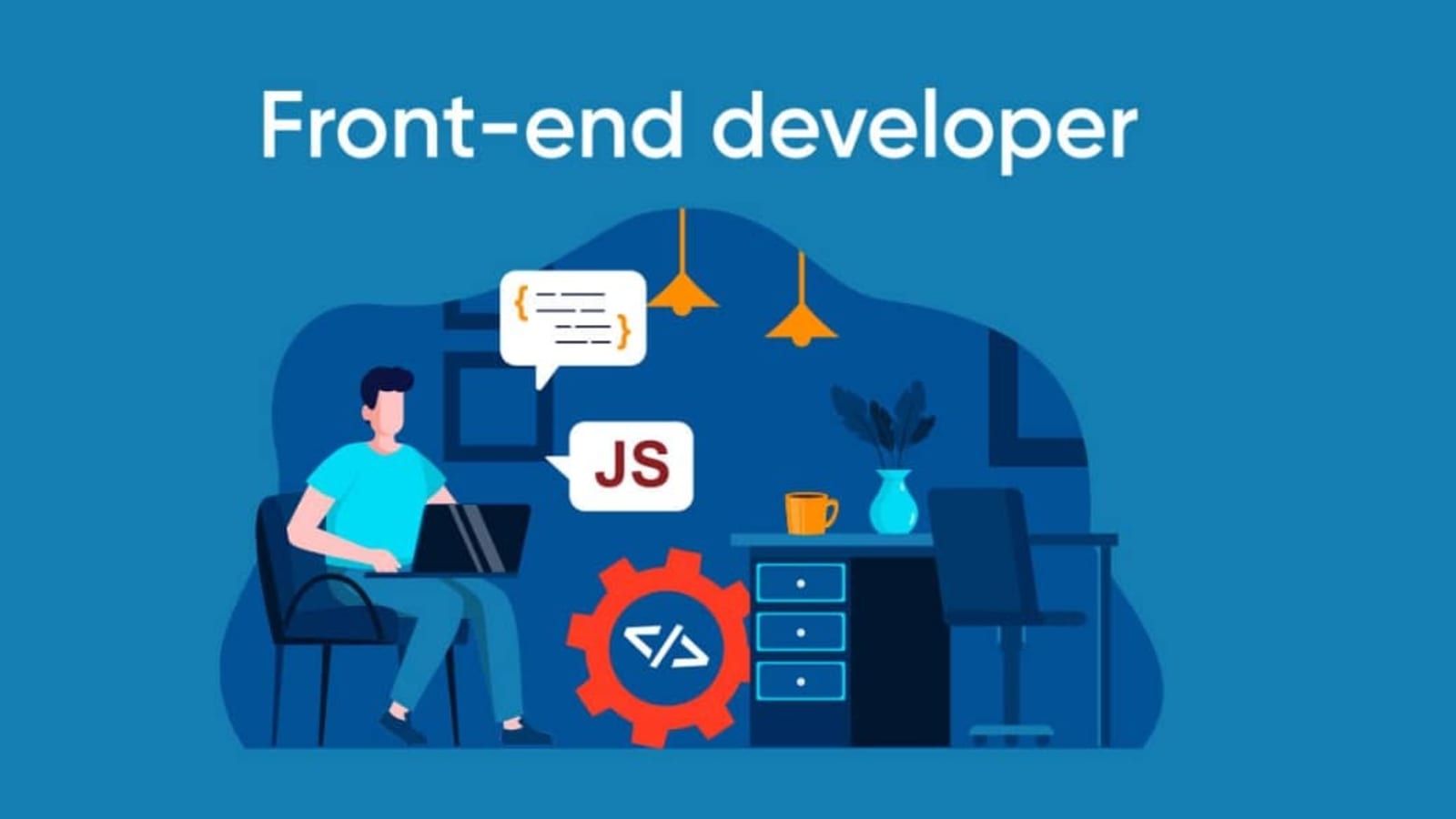Start with a solid understanding of HTML, CSS, and JavaScript. These are the building blocks of web development, and a strong foundation in these languages is essential.
2. Responsive Design
Learn about responsive design principles, which involve creating websites that adapt and look great on various screen sizes, from desktops to mobile devices. CSS frameworks like Bootstrap can help you get started.
3. Version Control
Familiarize yourself with version control systems like Git and platforms like GitHub. This will enable you to collaborate with others and track changes to your code effectively.
4. Browser Developer Tools
Get comfortable using browser developer tools to inspect and debug your code. This is a crucial skill for identifying and fixing issues in your web pages.
5. CSS Preprocessors
Learn about CSS preprocessors like Sass or Less. These tools enhance your CSS workflow by introducing variables, mixins, and other powerful features.
6. JavaScript Fundamentals
Understand core JavaScript concepts like variables, data types, loops, functions, and objects. This forms the basis for more advanced concepts like DOM manipulation and AJAX.
7. DOM Manipulation
Learn how to interact with the Document Object Model (DOM) using JavaScript. This enables you to dynamically update and manipulate the content of web pages.
8. Frameworks and Libraries
Explore popular frontend libraries and frameworks like React, Vue.js, or Angular. These tools simplify complex UI development and help you build interactive and efficient web applications.
9. Performance Optimization
Study techniques for optimizing website performance, including reducing image sizes, minimizing HTTP requests, and optimizing code for speed.
10. Cross-Browser Compatibility
Understand that different web browsers may render your code differently. Test your projects on various browsers to ensure a consistent user experience.
11. Learn from Others
Analyze and dissect well-designed websites to understand how they've implemented various features. Don't hesitate to explore open-source projects and learn from their code.
12. Continuous Learning
The field of web development is constantly evolving. Stay updated with the latest trends, technologies, and best practices by reading blogs, following experts on social media, and taking online courses.
13. Projects and Practice
Apply your knowledge by working on small projects. Building a portfolio of projects showcases your skills to potential employers and clients.
14. Problem-Solving Skills
Web development involves a lot of problem-solving. Embrace challenges and learn how to break down complex problems into manageable steps.
15. Soft Skills
Effective communication, teamwork, and a willingness to learn from feedback are equally important in the development process. Collaboration and adaptability go a long way.
16. User-Centric Approach
Always prioritize the user experience. Your designs and code should be intuitive and user-friendly.
17. Attention to Detail
Small details can make a big difference. Pay attention to typography, spacing, color choices, and overall visual aesthetics.
18. Experiment and Play
Don't be afraid to experiment with new techniques and technologies. Trying out new things is a great way to learn and grow as a developer.
becoming a proficient frontend developer takes time and practice. Stay patient, keep coding, and enjoy the journey of constantly improving your skills.





0 Comments